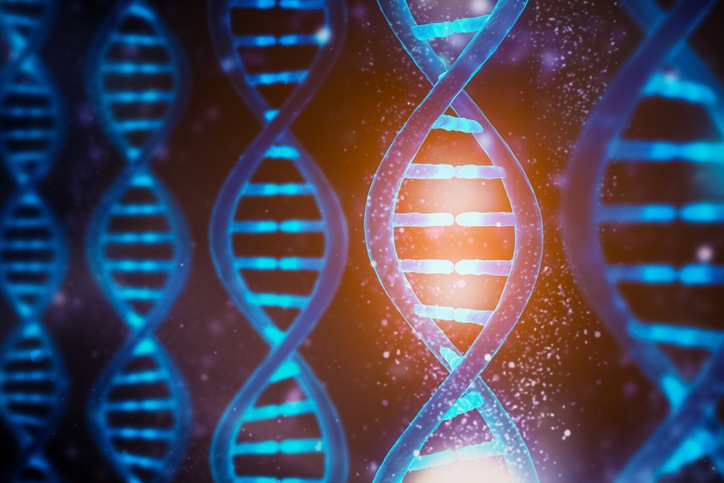A study involving 40 patients with bipolar I disorder (BD-I) and 46 psychiatrically healthy controls examined the impact of alcohol use on resting-state functional MRI scans. Despite similar alcohol consumption levels between the groups (BD: mean score ± SD 3.63 ± 3; HC 4.72 ± 3, U = 713, p = .07), BD participants showed increased connectivity in the paracingulate gyrus of the default mode network (DMN). They also showed reduced connectivity in an executive control network (ECN) compared to controls, with greater alcohol use associated with these changes. Independently, alcohol use was associated with increased ECN connectivity and reduced DMN connectivity, while BD diagnosis was linked to increased DMN connectivity and reduced ECN connectivity.
These findings suggest that affective symptoms in BD may stem from abnormal functioning of networks involved in emotion, cognition, and introspection. The study indicates that during periods of euthymia, alcohol consumption may exacerbate emotional dysregulation and response, potentially contributing to mood instability and susceptibility to relapse in individuals with BD.
Reference: Martyn FM, McPhilemy G, Nabulsi L, et al. Alcohol use is associated with affective and interoceptive network alterations in bipolar disorder. Brain Behav. 2023 Jan;13(1):e2832. doi: 10.1002/brb3.2832. Epub 2022 Nov 30. PMID: 36448926; PMCID: PMC9847622.









